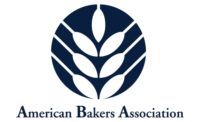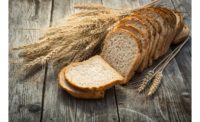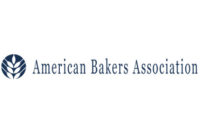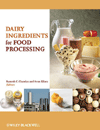The Grain Chain, a farm to table coalition of stakeholders in the grain industry sector and chaired by the American Bakers Association (ABA), testified recently on the nutritional benefits bread and grain-based products at the Dietary Guidelines Advisory Committee (DGAC) meeting. The recommendations in the Committee’s recently released scientific report will form the basis of the 2020-2025 Dietary Guidelines for Americans (DGAs). The DGAs are the cornerstone of all Federal nutrition policy and nutrition education guidelines, shaping consumer health decisions and doctor recommendations.
“We emphasize the importance of eating folic acid fortified foods, such as enriched breads, cereals, enriched pasta, milled rice and tortillas before conception occurs, to prevent neural tube defects,” testified Dr. Bruce Young, speaking on behalf of the Grain Chain. “We explain that the critical period is in the early weeks of pregnancy, often before the patient knows that she is pregnant, so folic acid enriched foods should be part of the daily diet.”
The testimony and written comments highlighted key recommendations:
- Iron-fortified grain foods can help meet increased iron demand during pregnancy
- There is little information in pregnancy about the role of whole grains versus refined grains in affecting the outcomes of pregnancy and the potential influence on childhood obesity
- Major obstetrical outcomes in study conducted by Dr. Young were unrelated to the proportion of whole grains versus refined grains consumed
- In a study conducted by Dr. Young, pregnant women who consumed mostly whole grains versus mostly refined grains both gained weight appropriately by IOM guidelines
- Grain foods are a significant contributor to dietary fiber and almost one-quarter of dietary fiber comes from enriched grain foods
“Fiber is even more important in pregnancy, clinically and with effects on the microbiota, described recently," said Dr. Young.
Dr. Young emphasized, “Besides pregnancy, all grains, enriched refined and whole, are valuable contributors to our health. To help combat the obesity epidemic, Americans need clear dietary guidance based on strong evidence from randomized controlled studies."










